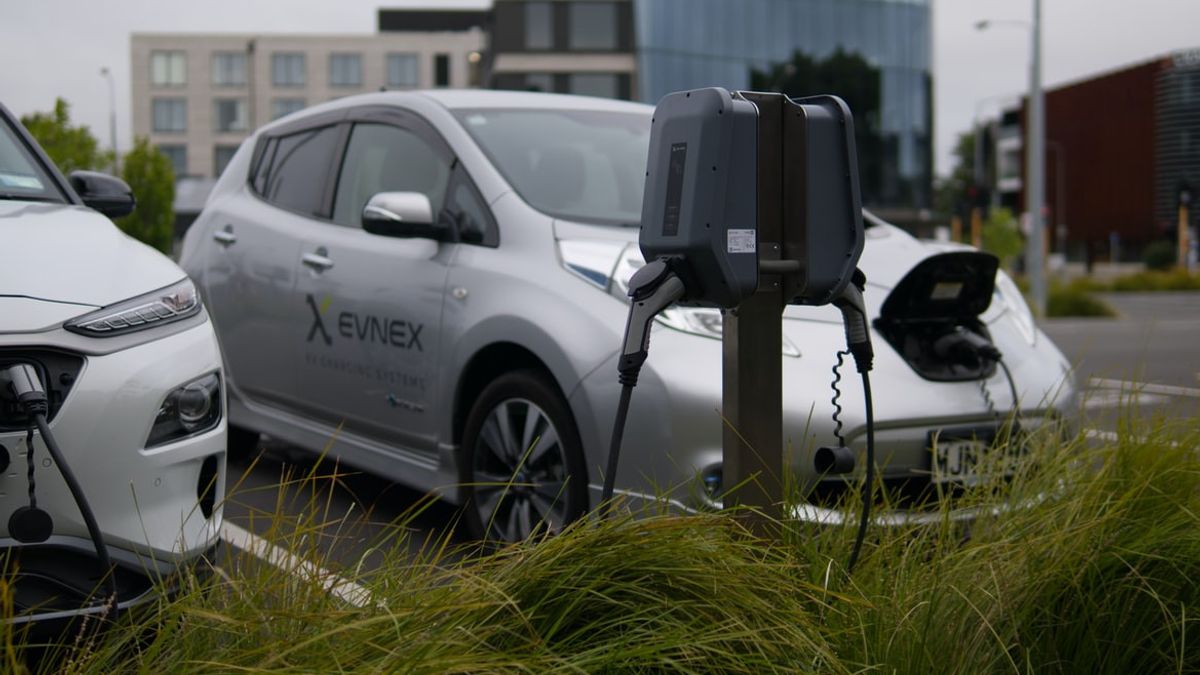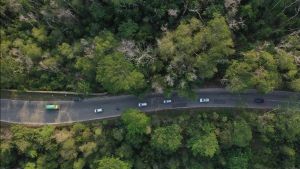JAKARTA – In its efforts to reduce carbon emissions, the Australian Government recently pledged an additional budget of AUD 178 million (IDR 1.9 trillion) to increase the construction of hydrogen fueling stations and charging stations for electric vehicles.
However, they do not offer discounts on EV electric vehicles or set a target to discontinue gasoline or internal combustion cars for the next few years.
The transport infrastructure funding was announced just weeks after Morrison adopted a net zero carbon emissions target by 2050 in the face of international criticism that the world's major coal and gas producers are not doing enough to tackle climate change.
Australian Prime Minister Scott Morrison said providing the Future Fuel Fund was added to the "Australian way" to reduce transport emissions. It also repeats a slogan he introduced recently to describe the country's middle ground on climate change policies.
"We will not force Australians out of the cars they want to drive or punish those who are least well off through bans or taxes," Morrison said in a statement. "Instead, the strategy will seek to lower vehicle costs low and zero emissions."
The additional investment, which adds to an existing AUD 72 million commitment and will be spent by the end of June 2025. The program will also assist in the purchase of electric cars and buses for government and business fleets.
However, industry groups and green activists say price cuts and tax breaks are also needed to encourage purchases of cleaner cars in a country, where transportation is the third-biggest source of carbon emissions.
"The federal government may provide Australian motorists with options, but in reality its strategy is hampering choice by making it very challenging for Australia to bring a wide selection of battery electric vehicles to market," said Clean Energy Council Chief Executive Kane Thornton.
The federal funding is claimed to be little more than a separate commitment by the government of New South Wales, the country's most populous state, which will spend AD 171 million on EV chargers over the next four years. Victoria, the second most populous state, plans to spend AD 29 million to fill the region's infrastructure and replace government cars by 2023.
The federal government says its plans should reduce carbon emissions by more than 8 million tonnes by 2035, based on their projections that battery electric and plug-in hybrid electric vehicles will account for 30% of annual new car and light truck sales by 2030.
Morrison in 2019 criticized the opposition Labor Party's proposal to target half of all new car sales to be electric by 2030, saying the policy would "end the weekend" for Australians wanting to tow their trailers and boats to go camping.
But a recent survey by the think tank, The Australia Institute, found 64% of Australians favor a policy that requires all new car sales in the country to be zero-emissions by 2035. In fact, 71% also support government subsidies for electric cars.
SEE ALSO:
Sales of electric batteries and plug-in hybrid vehicles in Australia reached a record 8.688 in the first half of 2021, but accounted for only 1.6% of total light vehicle sales. This is far less than Norway, a country that is currently the global leader in electric vehicle adoption. Sales of battery electric vehicles in Norway accounted for nearly 80% of new car sales in September.
The Future Fuels Fund in Australia will focus on expanding coverage of fast charging stations to the region, investing with private companies in 1.000 public charging stations and in charging infrastructure in businesses and households.
Australia has around 3.000 public chargers installed across the country, according to the country's Electric Vehicle Council. This is still very minimal. By comparison, the US state of California has more than 73.000 common and shared chargers.
"If Australia continues to be the only developed country without fuel efficiency standards, then we will continue to be the world's dirtiest vehicle dump," the council's chief executive Behyad Jafari said in a statement.
The English, Chinese, Japanese, Arabic, and French versions are automatically generated by the AI. So there may still be inaccuracies in translating, please always see Indonesian as our main language. (system supported by DigitalSiber.id)














